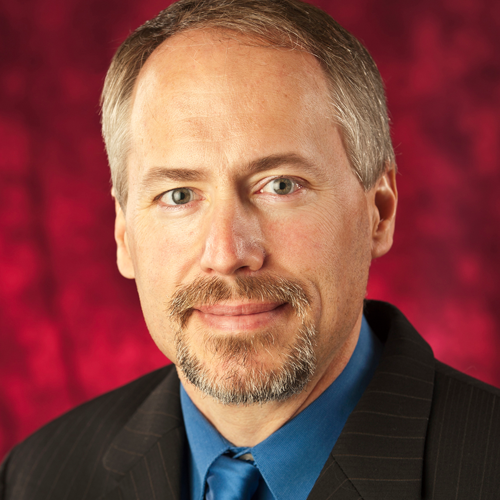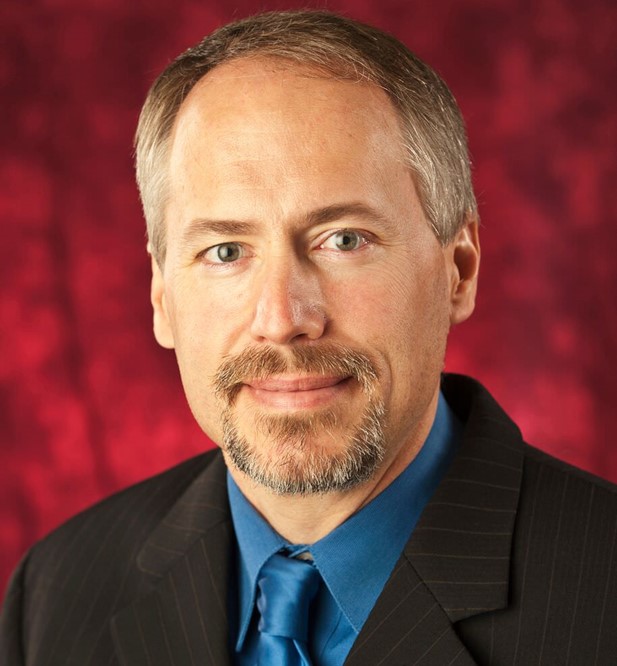Daniel Sutter: Taylor Swift and the Coase Theorem

The first North American portion of Taylor Swift’s Eras Tour has wrapped up. Ms. Swift structured ticket sales to help her biggest fans, as opposed to her richest fans, attend. Economics’ famous Coase Theorem suggests that this was not possible. Several steps altered the distribution of tickets. First, the prices of tickets were set (relatively) low, an average of about $200. Second, Ticketmaster could not send tickets directly to the secondary market, where prices are set by supply and demand. Finally, fans got codes for a presale, which crashed the Ticketmaster website last November. These steps should have helped Swifties of modest means get seats. Many more fans can pay $100 than $1,000 for a ticket. But who attended? The Coase Theorem addresses this. Nobel Prize winner Ronald Coase argued that scarce resources and valuable property go to those willing to pay the most regardless of initial ownership. Economic efficiency is based on “willing to pay the most,” so the theorem claims that we have efficient use regardless of initial ownership. The Coase Theorem implies that Ms. Swift could not get her biggest fans into the Eras Tour. Why? With normal Ticket Master practices, high secondary market prices would price0 many fans out. But Coase’s argument suggests that rich fans would buy tickets from the big fans getting presale tickets. Ms. Swift’s measures still would benefit her fans. The Theorem says that initial ownership affects who benefits, not who attends. Loyal fans reselling their $100 for $1,000 would profit, as opposed to Ticket Master or Ms. Swift. The Coase Theorem applies broadly. Many baseball fans think that free agency and no salary cap let big market teams buy the best players. But prior to free agency, big market teams could buy players from small market teams; the Yankees’ historic dominance was mostly before free agency. Free agency lets players benefit, not teams. Like all economic results, the Coase Theorem holds only under certain conditions. For one, those willing to pay the most must find ticket holders and make them offers. Transaction costs, the costs of negotiating and carrying out trades, include the cost of finding the ticket holders. We do not live in a zero-transaction cost world, so the Coase Theorem will not hold perfectly. Many parents might recognize a second condition. Parents might pay $100 or $200 face value to take their kids but not secondary market prices. More importantly, even though they would not buy tickets at secondary market prices, they would not sell $100 tickets for $1,000. Owners can keep their property regardless of how much others might offer them. The amount you must be paid to sell your property is called willingness to accept. In many instances, a person’s willingness to accept considerably exceeds their willingness to pay. The Coase Theorem does not hold with a disparity between these values. Competition also limits Ms. Swift’s ability to help her fans. We saw this during the presale when millions tried purchasing tickets. Ticket brokers competed with fans to get tickets. Such efforts are inevitable when something worth $1,000 sells for $100. Competition is hardly new. If Ms. Swift was touring back when tickets were sold at the box office, fans would have lined up to purchase them. Fans likely would have camped out. The hours (or days) spent camping in the heat (or cold) would have offset part of the value of an inexpensive ticket. And some unlucky fan would have been next in line when the concert sold out. Competition is a fundamental element of human society, biologists might say of life. Our effort to get nice things cheap dissipates the benefits. The best we can do is limit the extent of this competition. Determining how many fans of modest means went to the Eras Tour would be an interesting economic case study. The tour, which continues into 2024, is expected to generate $2 billion in ticket revenue. Regardless of exactly how many tickets were resold, Ms. Swift benefited her fans by foregoing even more revenue from higher ticket prices. Daniel Sutter is the Charles G. Koch Professor of Economics with the Manuel H. Johnson Center for Political Economy at Troy University and host of Econversations on TrojanVision. The opinions expressed in this column are the author’s and do not necessarily reflect the views of Troy University.
Daniel Sutter: Labor Day reflections on quiet quitting

Labor Day was established in 1894 to honor America’s workers. “Quiet quitting” refers to working no more than necessary to keep your job and then bragging about it on Tik Tok. Does quiet quitting disrespect Labor Day? Each Labor Day, we should celebrate the labor market. The labor market is part of the market economy, an economic system based entirely on voluntary participation and the freely given consent of all parties. The labor market is a foundation of personal freedom. By contrast, throughout most of human history, commanding others to work as slaves, serfs, or subjects under pain of beatings, imprisonment, and death was seen as the path to prosperity. Liberalism (in the classic sense) limited governments by making leaders serve the people and, in time, ended other forms of servitude, ushering in freedom, dignity, and prosperity. Karl Marx, oblivious to the transformation of the market economy (that he disparagingly labeled capitalism), called employment wage slavery. The richest Americans cannot force anyone to work for them, although they can afford to pay others to do many things. Paying people to cook or clean or shop for you is not slavery. Freedom for all means that, typically you must pay someone to do something for you. But paid work can be done by either hiring employees or contracting with a firm. A company can clean their offices by hiring janitors or paying a cleaning company. Nobel prize-winning economist Ronald Coase identified this choice between the firm (employees) and the market (contracts with another company) as fundamental in markets; it also offers perspective on quiet quitting. A distinguishing element of an employee is control, or what economists call decision rights. A boss can assign employees tasks not detailed in advance. An employee-janitor can be directed to unload a delivery truck; employees of a janitorial service will move on to their next job when finished cleaning. The production of goods and services depends not just on the hours of labor but how hard people work or effort. In principle, employers should spell out a job’s hours, effort, and pay. Yet effort can be difficult to detail and measure. This creates a tension labeled the wage-effort bargain in industrial relations. Exactly how hard are employees supposed to work, and are they working this hard? From the assembly line to Amazon tracking warehouse workers’ steps, employers have tried to ensure employees work hard. But because working hard is hard work, employees will want to slack off. The radically different perspectives of owners and workers explain this tension. The businesses entrepreneurs start matter enormously to them; owners want employees to care as much as they do. Yet employees have other job options and might easily tell an overbearing boss to, “Take this job and shove it!” What does this mean for quiet quitting? First, it is perfectly acceptable. Freedom includes the freedom to not work if one is either independently wealthy or okay living meagerly. Freedom to quit one’s current job implies the freedom to not work hard. Quiet quitting is not wrong, in contrast with, say, employee theft. Quiet quitters should know that market compensation depends on productivity, which depends on effort. Slackers tend not to get raises or promotions. And because employment is voluntary, quiet quitting may get one fired. Writing at Forbes, Neil Hare attributes much quiet quitting to poor management. As bosses demand more of workers (e.g., responding to emails while off the job), workers will push back. It’s today’s wage-effort bargaining. Not working hard might produce poor earnings prospects, but effort affects work-life balance. Is hard work and careerism the path to happiness in life? Time spent working at the office is not spent with family or friends. And here is the importance of labor market freedom: people can pursue different life goals. We should celebrate an economy that accommodates quiet quitters and workaholics and accept when others make choices with their freedom which differ from ours. Daniel Sutter is the Charles G. Koch Professor of Economics with the Manuel H. Johnson Center for Political Economy at Troy University and host of Econversations on TrojanVision. The opinions expressed in this column are the author’s and do not necessarily reflect the views of Troy University.


